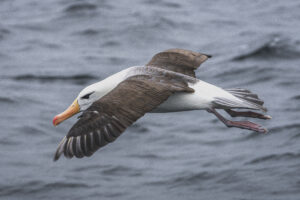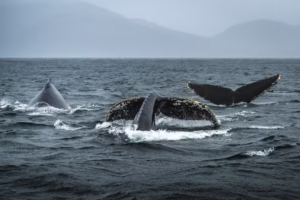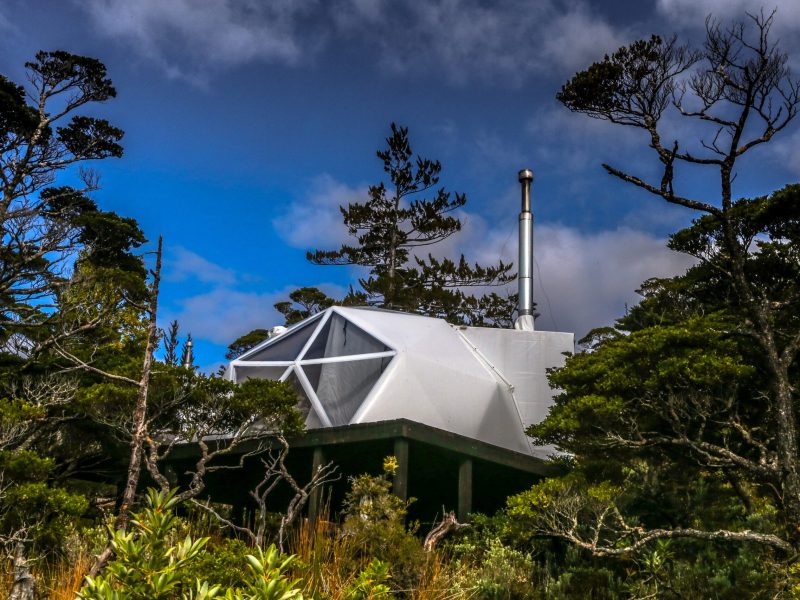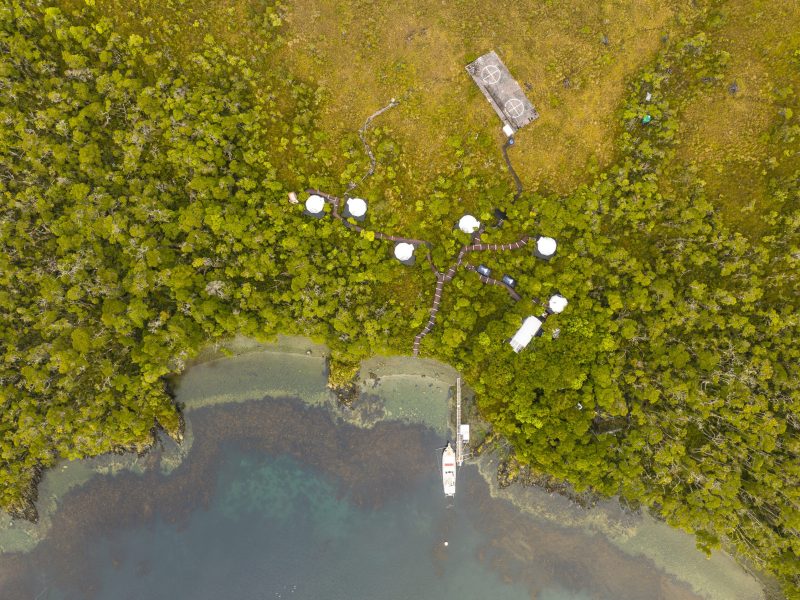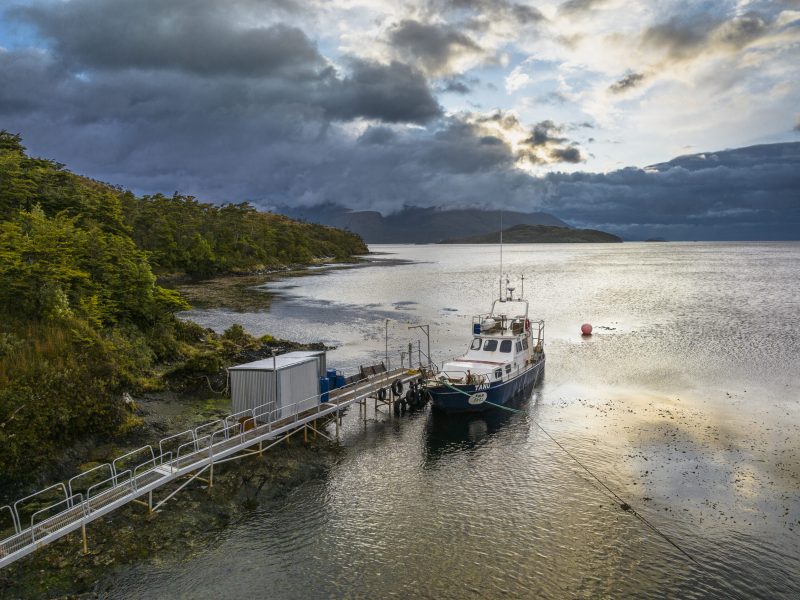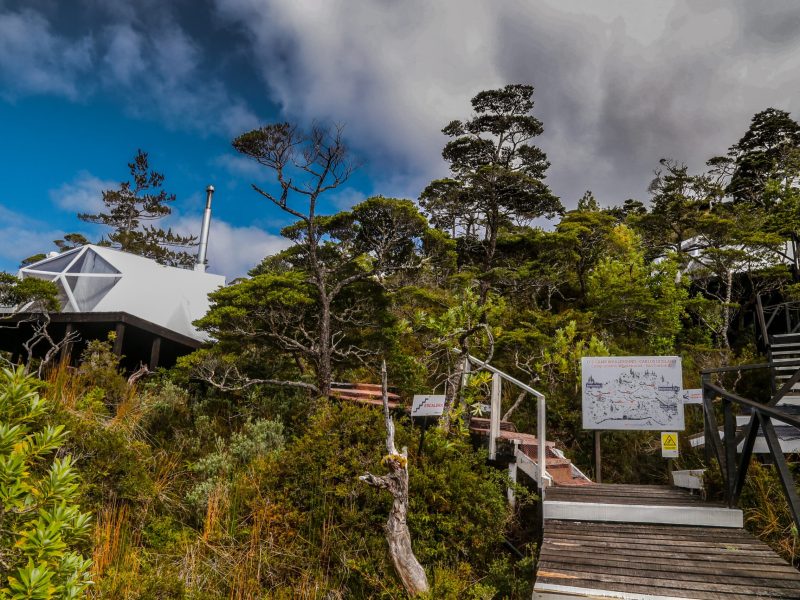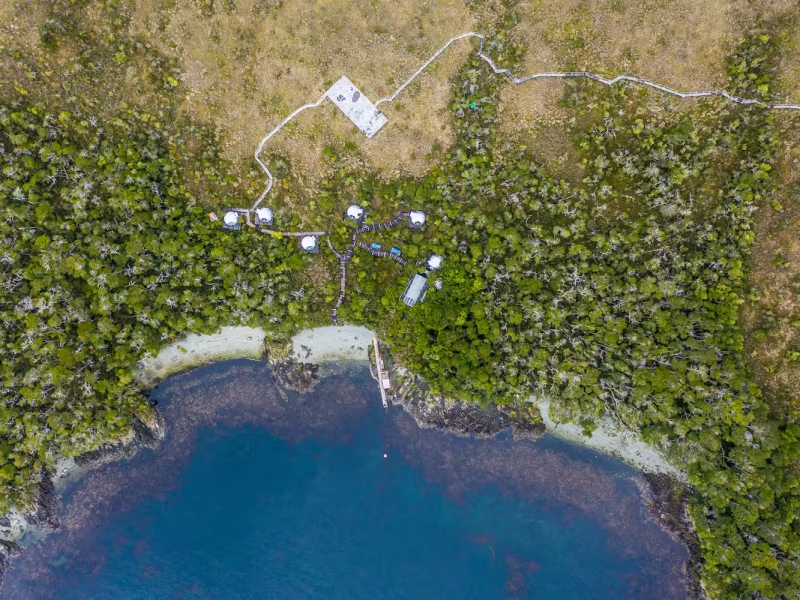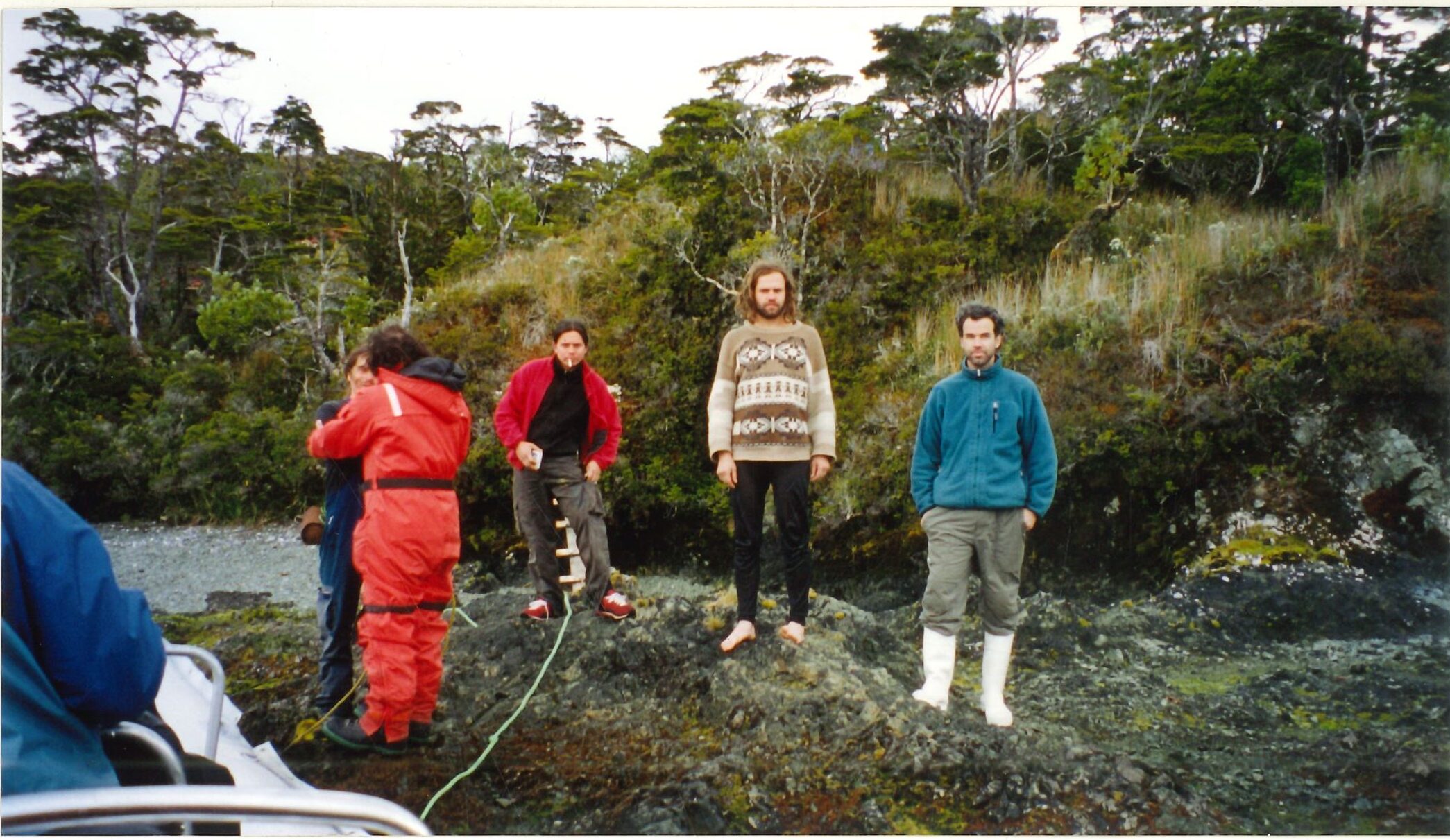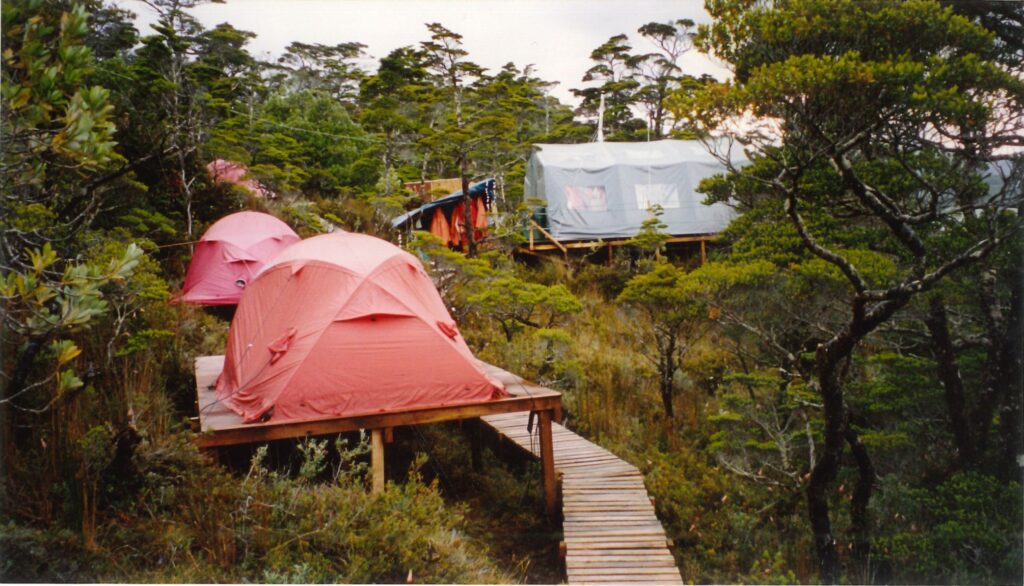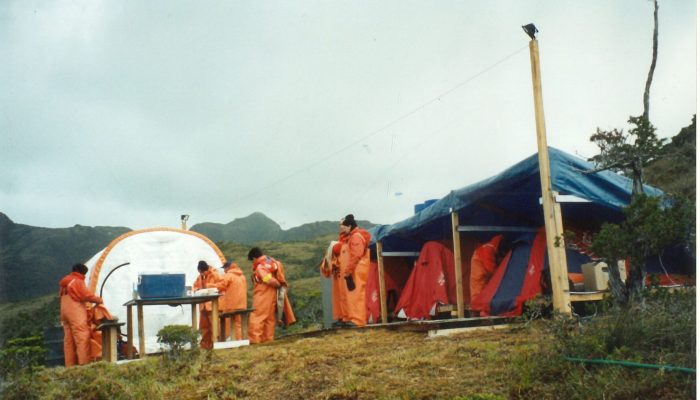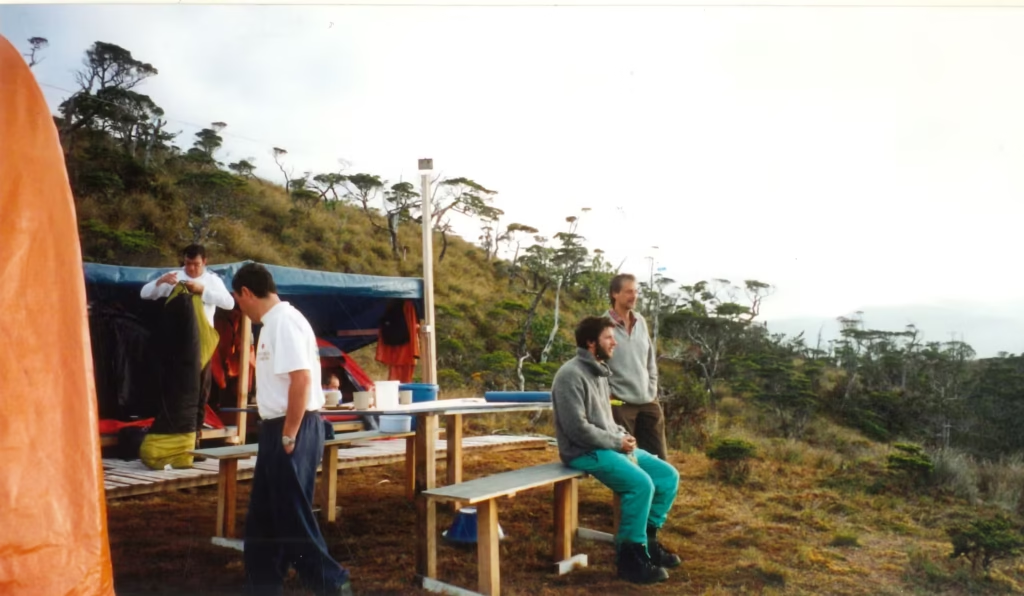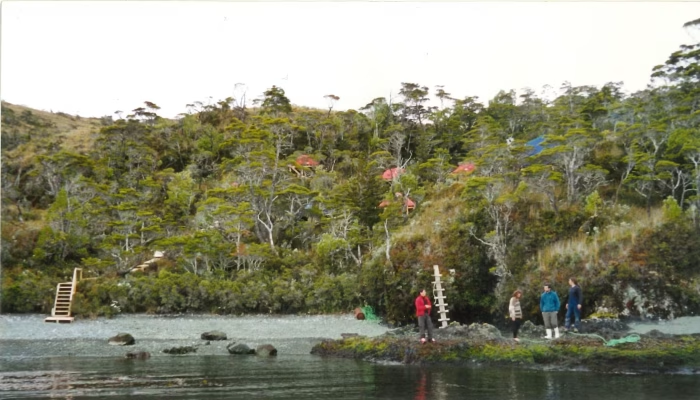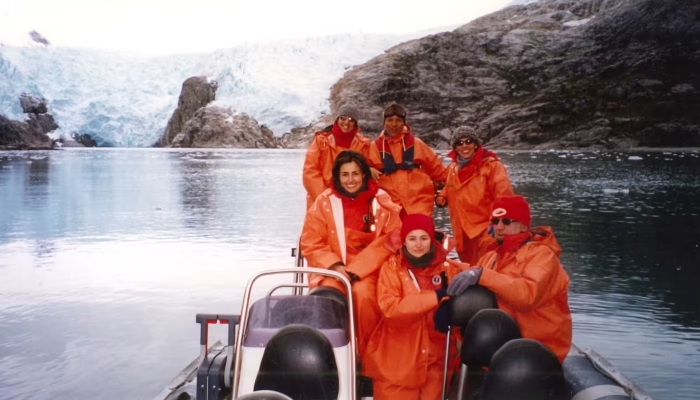High rate of collisions between ships and whales off the coast of Chile
- Published in: Marine Policy, 2020
- Authors: Acevedo, J., Gibbons, J., Capella, J., Cheeseman, T., Hucke-Gaete, R., and others
- Download the full study here
What's the problem?
This study documents for the first time in a systematic manner the frequency with which large vessels collide with whales off the coast of Chile.
The results reveal that Chile presents one of the highest rates of ship collisions with cetaceans in the Southern Hemisphere, which represents a serious threat to endangered species such as the blue whale, humpback, fin and Sei.
Main findings of the study
They were collected 111 confirmed collision records (1979–2019) and others 48 probable events.
He 80% of the incidents occurred in the last decade, coinciding with the rise of maritime and tourist traffic.
The most affected species were:
Humpback whale (Megaptera novaeangliae)
Blue whale (Balaenoptera musculus)
Fin whale (Balaenoptera physalus)
Sei Whale (Balaenoptera borealis)
The 30% of the cases involved injured or dead whales, many of them females with offspring.
The most critical areas are:
Strait of Magellan
Chiloé Archipelago
North coast of the Los Lagos Region
Why is it so serious?
Collisions with vessels are one of the main causes of unnatural death of whales worldwide.
Many affected species are found recovering after centuries of commercial hunting.
In Chile, There are no specific protocols or regulations that force ships to reduce speed or change routes in areas with a high presence of cetaceans.
Study proposals
The team of scientists proposes urgent measures to mitigate the risk:
Permanent and systematic monitoring of collisions.
Modification of maritime routes in feeding and breeding areas.
Speed limit in critical areas.
Implementation of a national strategy based on scientific evidence.
Incorporation of the problem into the Chilean marine environmental legislation.
Whalesound: Providing data to discover the unknown
This discovery was made possible thanks to the collaboration between scientific institutions, the Happywhale database and the field work carried out by Whalesound in the Strait of Magellan.
Our expeditions not only bring people closer to whales, but also contribute essential data for their conservation.
